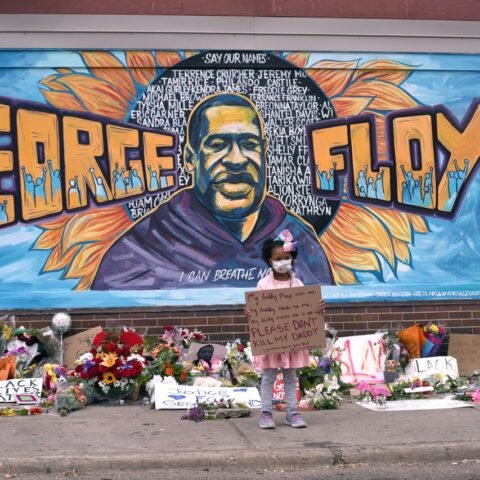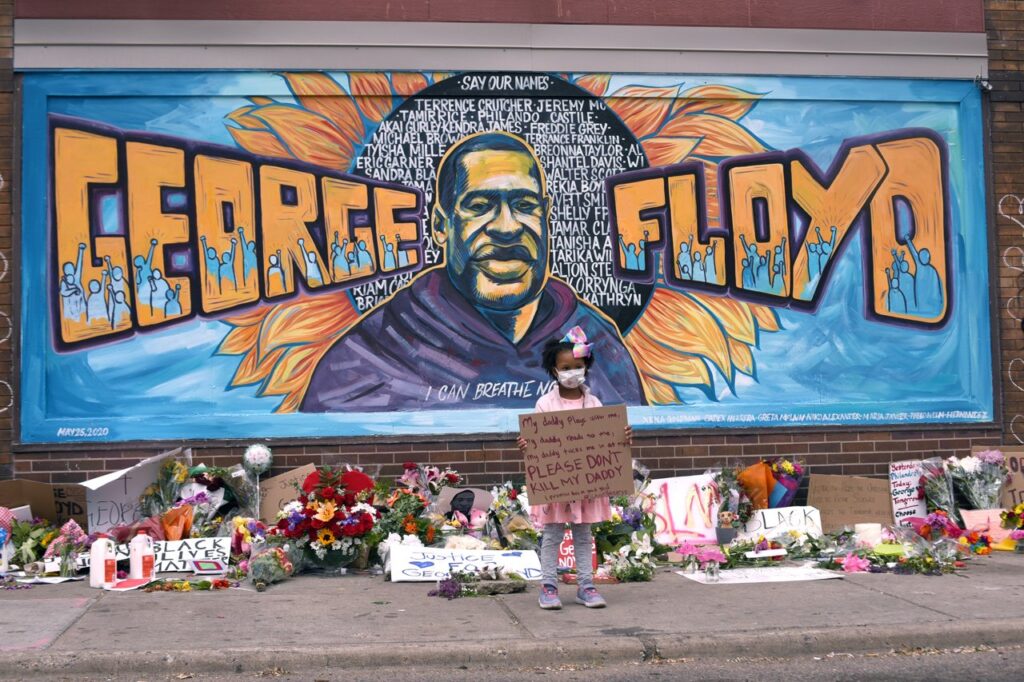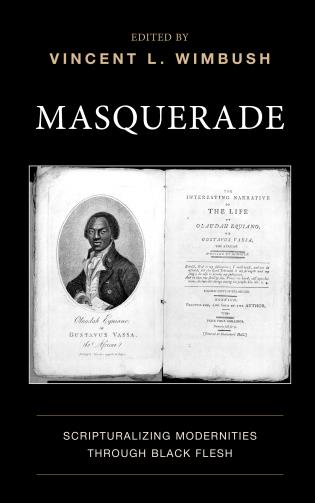
ISS Book Series
March 10, 2021
Publish with ISS
April 27, 2021MR. GEORGE FLOYD—AMERICAN SCRIPTURE

In the wake of the court proceedings and jury decision regarding the killing of Mr. George Floyd, a friend of many years asked me what thoughts I had. He had in mind more specifically whether I thought that any real changes might now be set in motion. I responded that I did not know. Quite honestly, I was and am still—doubtless, like so many of you—somewhat paralyzed and traumatized. It is for me both difficult to impossible and necessary and therapeutic for me to focus and express thoughts in writing of some kind. For whatever they may matter to readers, here go my attempts to channel, focus, and express raw feelings and thoughts:

https://mspmag.com/arts-and-culture/artists-paint-george-floyd-mural-at-cup-foods/
First, a note of serious challenge–if the discourse on which you were weaned as thinking and acting adult person in the world—whether this or that academic field or subfield; or this or that other type of professional formation and jargon—if it does not provide space for, or actually enable you to think about, no, think through, what happened to Mr. Floyd, then you must seek to reform or dismantle that discourse; or “Get Out!” If your conversation circles or partners are not wrestling with what is happening, you need, as the late Congressman John Lewis often challenged us, to take it upon yourself to “Make some noise! Get in good trouble!” If your discursive circle cannot address or reckon with what happened to Mr. Floyd that circle has lost its legitimacy in the world we share. Henceforth, there can no longer be business (political; legal; policing, etc) or discourse/discursive practices as usual. All critical and professional, indeed, all discourses, period, should be oriented so as to make the phenomena and dynamics we now associate with Mr. Floyd—the centuries leading up to his cries and agonies in the last moments of life—the stuff of critical focus. And the latter must be directed so as to make itself an ally of those who cry for demands for appropriately radical changes.
Second, we who are now associated with The Institute for Signifying Scriptures (ISS) and through it committed still to modeling ex-centric discursive practices worthy of anyone’s investment of time and energy in our fraught and dangerous world—we might consider what it would mean to think with more focus and intentionality about what the “readings”/misreadings of Mr. Floyd (and too many others) represent, what they tell us about how we “see,” how we “read” things. What we all saw, what we all heard in the form of groans and cries of pain and anxiety in Mr. Floyd and the anxiety through the arrogation and chilliness on the part of his killer, should lead to a determination to insure that henceforth no consideration of our world can leave that encounter unfathomed. There is so much there—histories of seeing, of hearing what is/not there; of assumptions and presumptions; of desire; envy; masking; arrogance; brute force; misreading; and so forth. All there on the street under the car. Silence or obfuscation about what was there can no longer be seen as benign.
What situations, what practices have we (re)naturalized, viz., made scriptural? What does it take–nine plus minutes!? of brutal and heavily symbolized violence mediatized throughout the world–to shake some of us out of our natural habit of “reading” in terms too flat and tight and fixed, but also cannily manipulable when needed in order to support averted eyes and ears. The situation/text can always be more easily signified as normal at a distance. Mr. Floyd and others like him—too numerous and painful to name here–who wear (and are reduced to) Black (as synecdoche for all non-white) flesh historically overdetermined, signified, scripturalized—all these must be our focus for the sake of modeling and advancing discourse that matters.
Vincent L. Wimbush
28 April 2021



